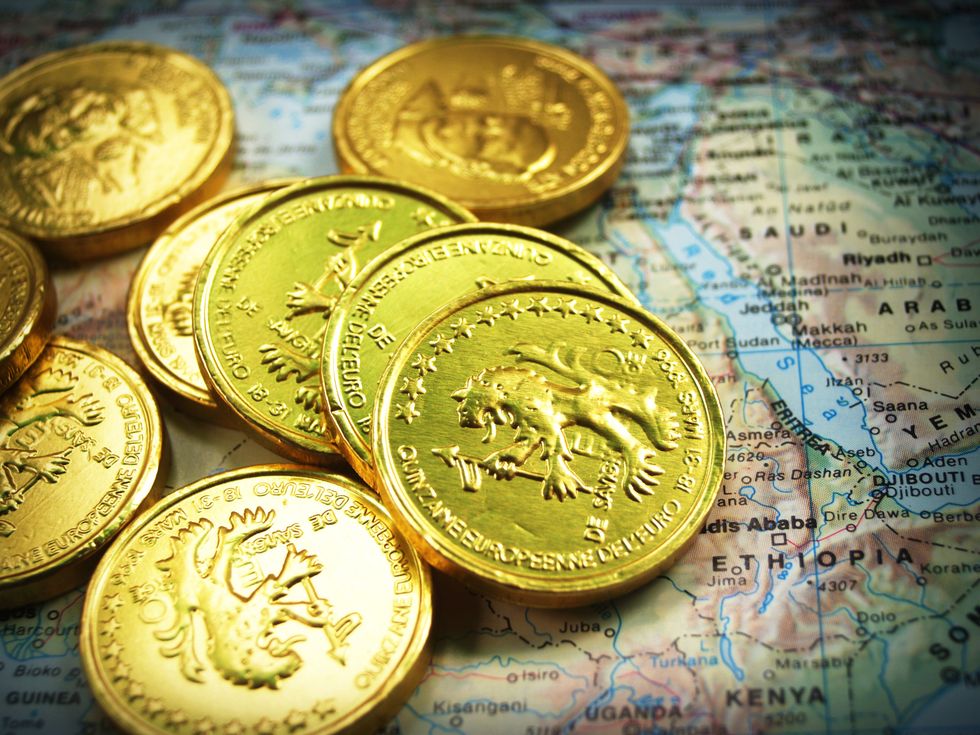For centuries, collecting has been a favorite hobby for many. When describing the definition of collecting as a hobby it includes locating, acquiring, seeking, cataloging, organizing, maintaining and storing objects that are important to the collector. Plus the ranges of items that can be collected are infinite. In addition, collecting things is a good hobby and is very beneficial academically.
Activates Creativity
Often writers, artists and other creative types collect items that generate a meaningful connection among diverse features or are visually exciting. In fact, many artists are inspired by certain objects that are collected. For example, walks on the beach often correlate with collecting items such as shells or driftwood. A writer may even find a long lost coin on the shore that inspires a novel like Treasure Island by Robert Louis Stevenson.
When it comes to academics, creativity is beneficial for problem solving, self-awareness, expression, relieving stress and producing an expanded sense of time known as timelessness.
Expands Organizational Thinking
For the most part, collecting items as a hobby requires sorting items into categories or groups. Prime examples are coins and stamps. Organizing and categorizing skills are useful in many areas of academics like research work, studying for exams and large work projects. Organizational thinking is also crucial in many types of professions such as lab technicians, teachers, judges, doctors, stockbrokers, firefighters, police officers and accountants.
Enhances Knowledge in History
One of the best ways to learn about history is through a hobby. Not only does it make history fun and exciting but it makes it quite challenging. A perfect example is with collecting coins, like those from Rocky Mountain Coin. Collecting coins enhances the intellect, gives you an appreciation for art plus it increases a person’s knowledge of history and geography. Moreover, coin collecting provides an opportunity to learn about politics and opens many doors for socializing.
Heightens Pattern Recognition
Most hobby collections involve categorizing items which in turn improves the aptitude for recognizing everyday characteristics and being able to identify breaks in a pattern. As well, a collector is able to identify when a piece does not fit a particular collection pattern. This ability helps with identifying fakes or incompatibilities within a supposed set. It is also within the discovery of a mismatched item that challenges ones potentials and predetermination skills.
Whether it is an unusual collection or rare set, hobbies play a significant role in educating plus keeping life exciting and passionate. And with a world that is becoming increasingly inactive, it is imperative to connect with something tangible, challenging and thrilling like collecting as a hobby.



















